Lead Pipes
Do You Have Lead Pipes in Your Home? Water mains in the UK are not…
Read more24 hr Emergency Callout
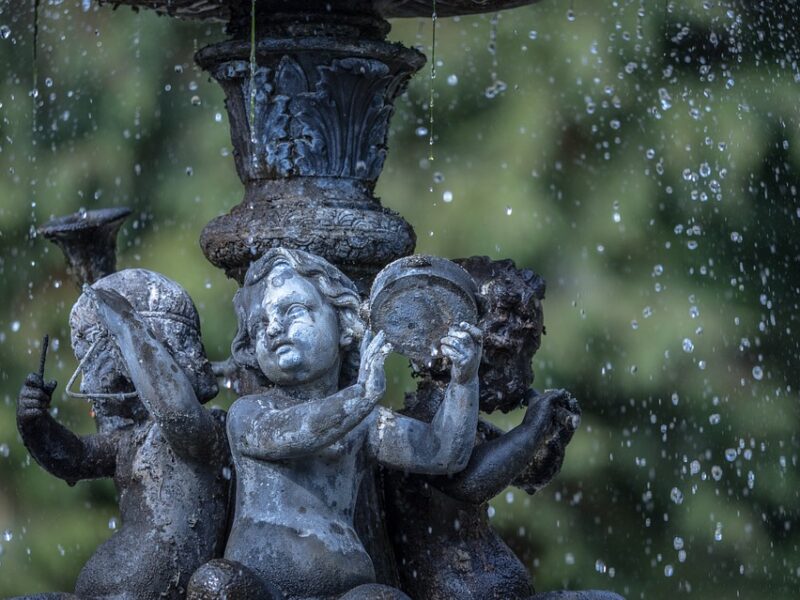
Blog
Here at Coastal Drains, not only are we passionate about drains, we are advocates for the efficient use of water in the home and the garden, as it is water that keeps our drains running smoothly. Water efficiency is all about the way in which we use water and it helps us to save water, save money and it helps make your garden more environmentally friendly. That’s why, we have decided to write this article on how to save water in your garden. We hope you find it useful and informative!
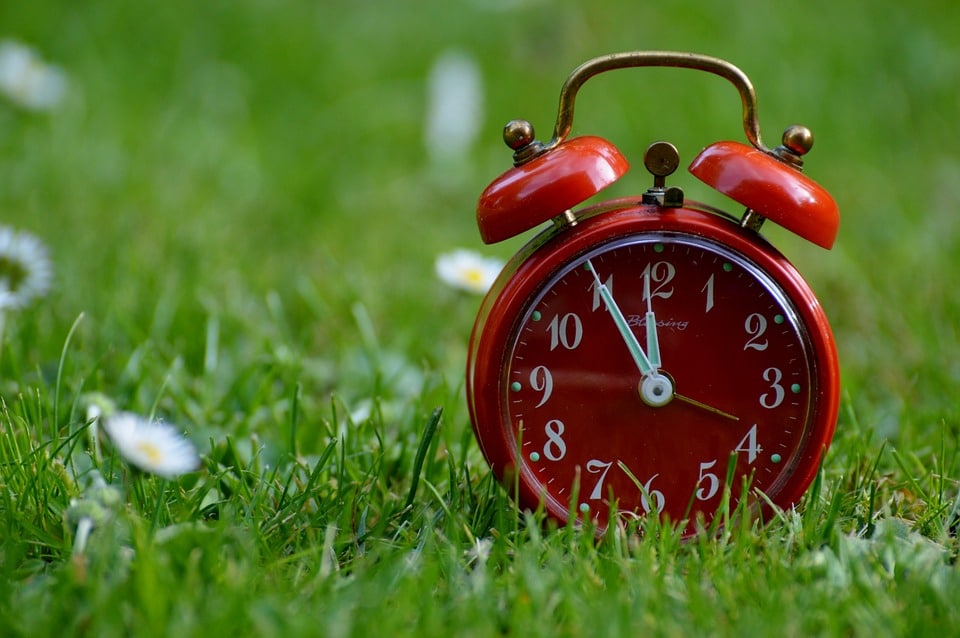
Timing the watering of your garden and pot plants can have a significant impact on the efficiency of your water use and the effectiveness of it hydrating your plants. We would recommend watering your garden in the morning so that it is fully hydrated and ready to face the sunshine throughout the day. If you are the proud owner of pot plants, water them in the afternoon as this leads to healthier and stronger plants. Furthermore, pot plants tend to dry out much faster than gardens and so, if you water them in the morning, by the afternoon the water has simply evaporated. Whereas, if you water your pot plants in the afternoon, the weather is slightly cooler and they have a better chance of getting the full hydrating benefit of the water.
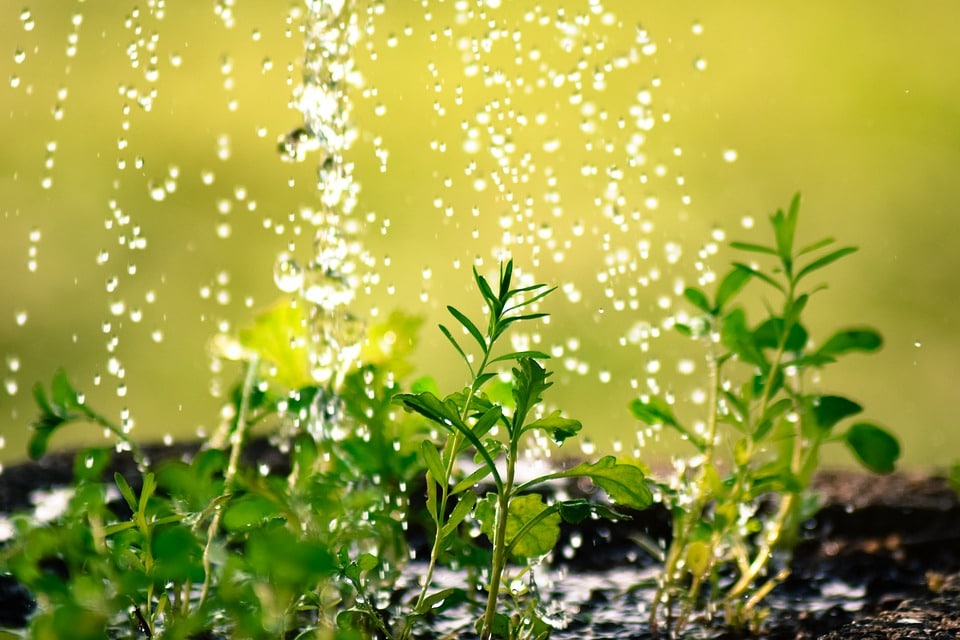
Water butts are the best way to store fresh water that is free! By installing a water butt, you will be able to collect the rainwater and store it until you need to water your garden. Water butts can be found in most garden or DIY stores and are one of the most efficient ways of watering your garden. Water butts can be fitted on every downpipe on your home and are surprisingly available to fit even the smallest of spaces. Here at Coastal Drains, we would highly recommend purchasing a water butt for your watering needs.
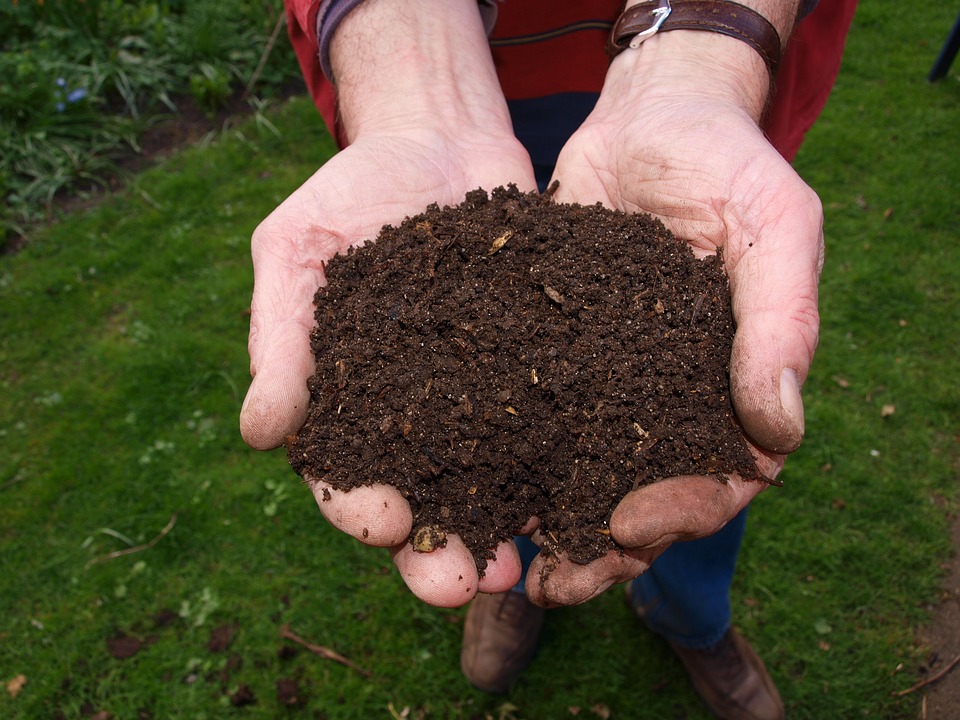
Using a compost system holds moisture in your soil and helps your soil gain the essential nutrients it needs to promote the growth of healthy and strong plants in your garden. You can also increase the productivity of your compost by adding worms. Worms help compost your soil at a faster rate and they also add essential nutrients and value to your soil that increases the health of your garden.
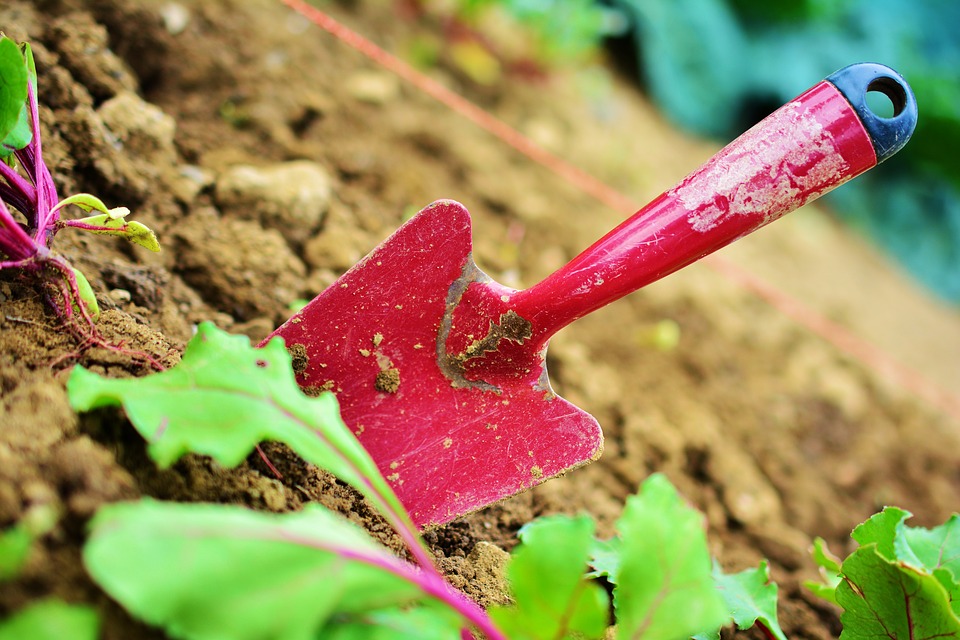
Adding mulch to your garden is an effective way of retaining moisture by adding a protective layer on top of the soil to prevent water evaporation. A surprising 70% of water can evaporate from your garden soil on a hot day but adding a protective layer of mulch on top of the soil is an effective suppressant and retains the water in the soil where it is needed most.
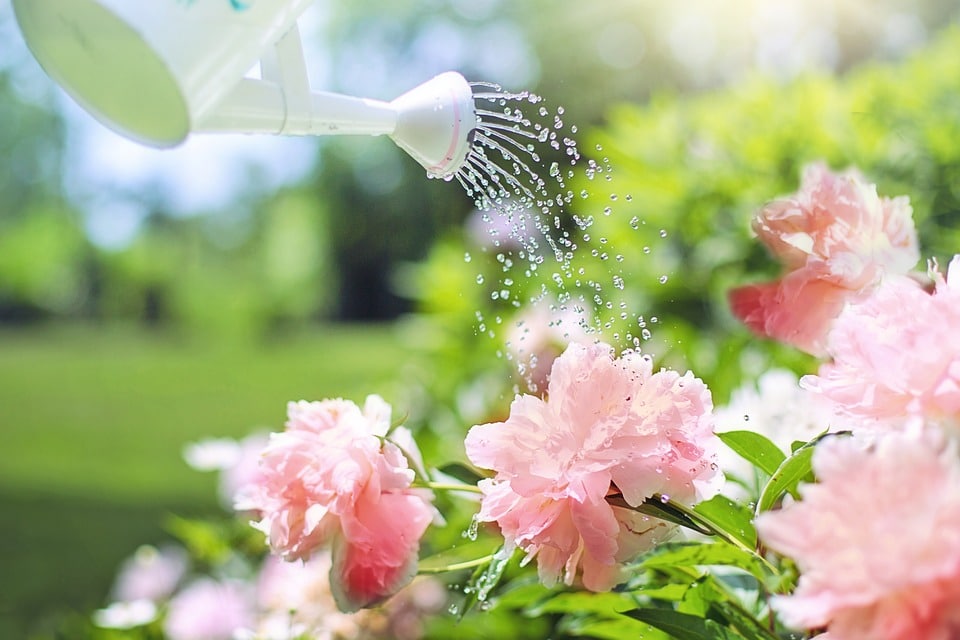
It may seem like an obvious point to raise, but many people forget to check the weather before they water their gardens, only to find that it rains later in the day and their garden gets a second soaking. So, before you rush to water your garden just take a moment to quickly scan your local weather report and ensure it won’t rain later in the day.
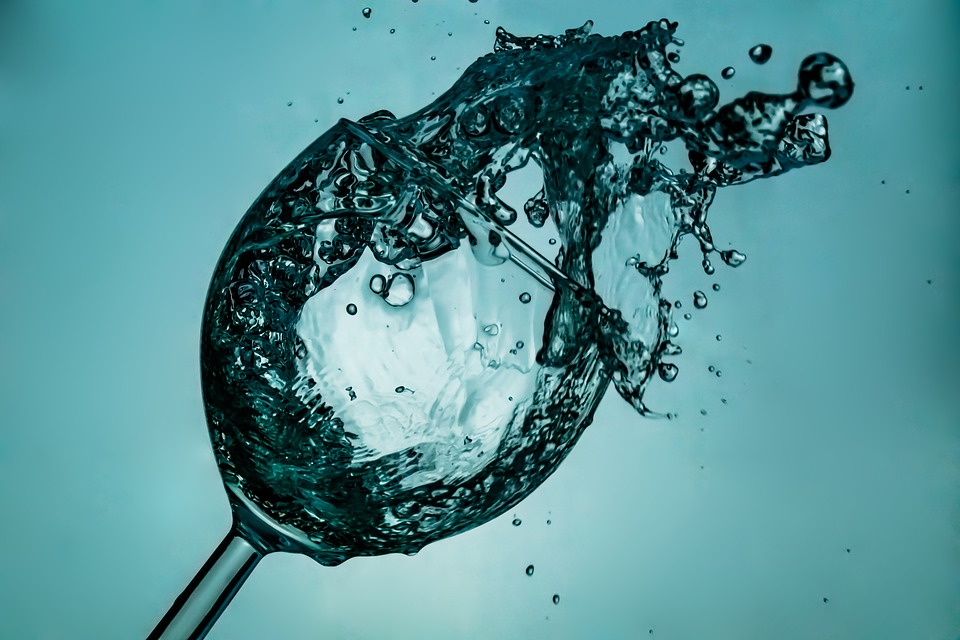
There are a variety of techniques you can use in the design of your garden that help save water. You can help assist your garden in the watering process by planting water-loving plants that help soak up moisture in particularly boggy areas, help create run-off areas for water to go when there has been excessive rainfall, build mounds around trees to encourage water soakage rather than run-off and remove any unnecessary low branches from trees and shrubs which could be adding to moisture loss.
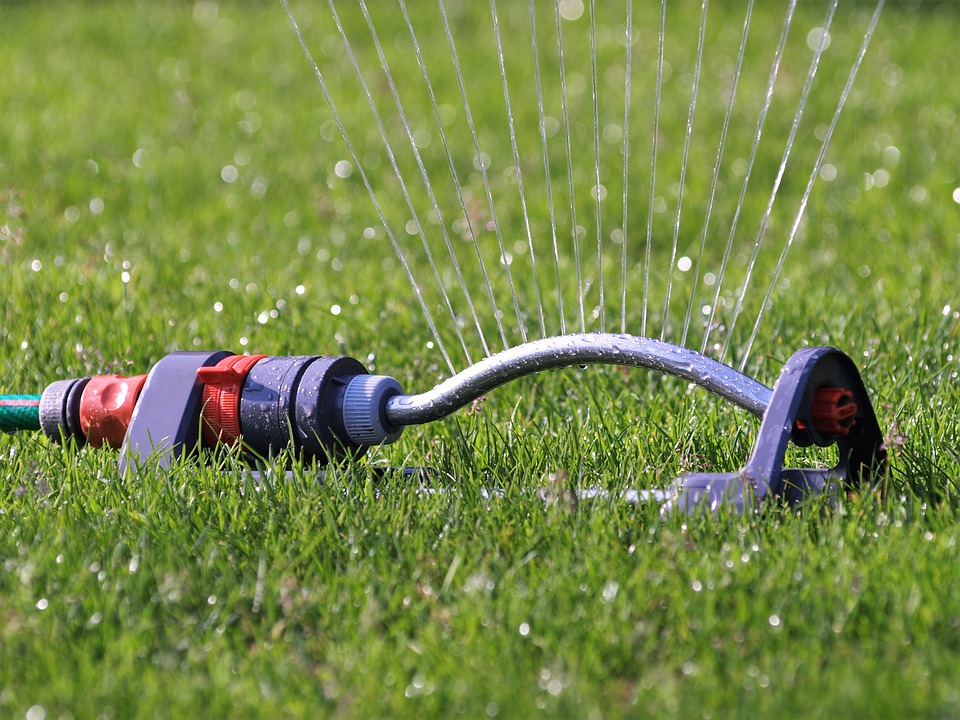
Your lawn is the biggest and thirstiest part of your garden and can often waste the most water. Simply by turning on a sprinkler, you could be using as much water in an hour as a family of four uses in a day. That’s a lot of water wastage for one lawn! So, we would recommend infrequent soaks to promote the grassy roots to grow deeper in search of water further underground. You can also choose grass varieties that are better suited to dry conditions and let your grass grow longer during dry spells so that it keeps the moisture in the soil. It may not look very attractive for a couple of weeks but it will certainly do your lawn and water bill some good!
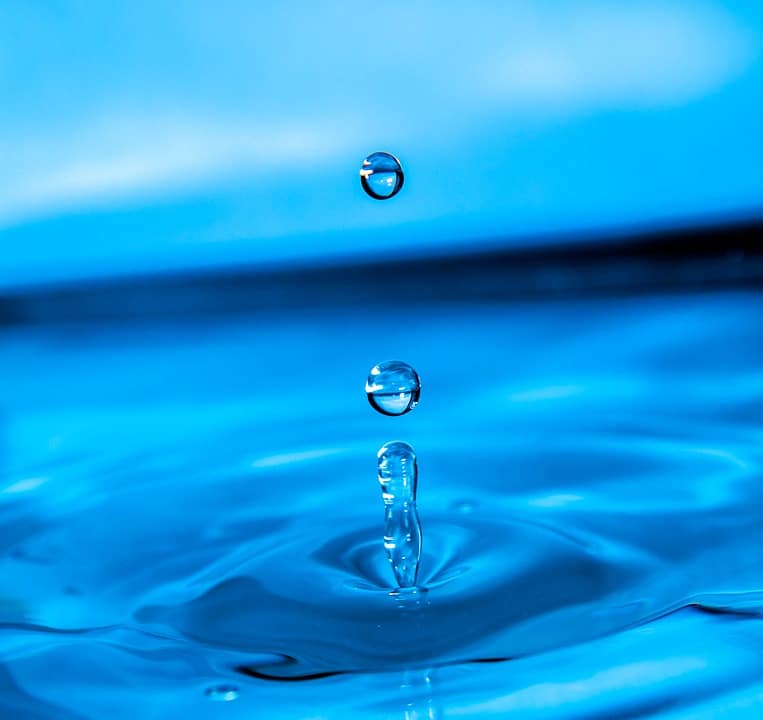
An efficient way of watering your garden is to install drip irrigation. Rather than going around the garden every day with a watering can, drip irrigation delivers the water directly to plants in a slow, sustained manner, saving water and making sure all the plants receive the moisture they need to grow effectively. Drip irrigation uses pipes or tubes with nozzles adjacent to each plant to water effectively. These systems can either be installed above ground delivering water to the plants, or below the soil delivering water to the roots. Drip irrigations are extremely effective and are certainly a viable option if you are keen to reduce water waste in your garden.
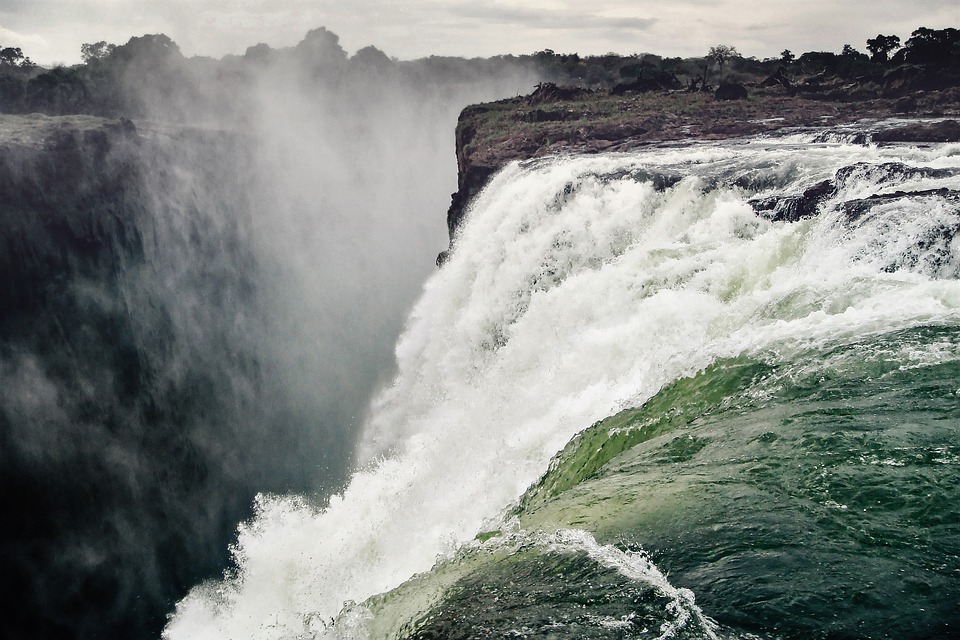
One of the most crucial factors to remember when saving water in your garden is to avoid overwatering your plants. It can be tempting, especially on hot days, to water your garden excessively. However, this is never helpful and it can cause more damage than good to the health of your garden.
We hope you have found this article useful and that it has inspired you with suggestions on how to save water in your garden. We hope you put our suggestions to good use and do your bit to conserve water. If you have any further questions about water or drainage, please give us a call today. Here at Coastal Drains, we are available for all your drainage needs.